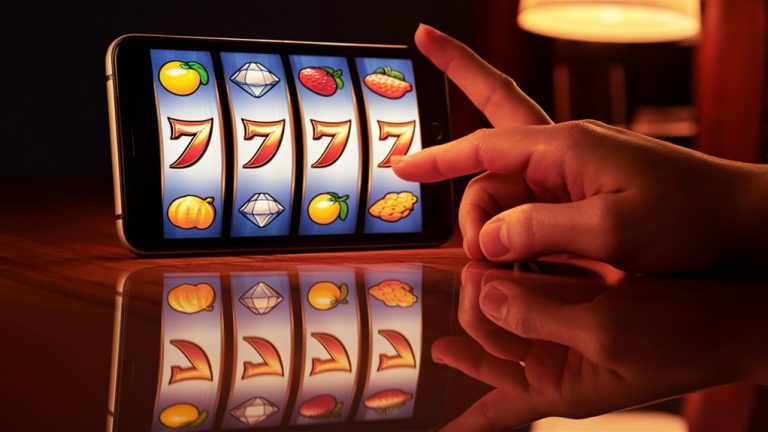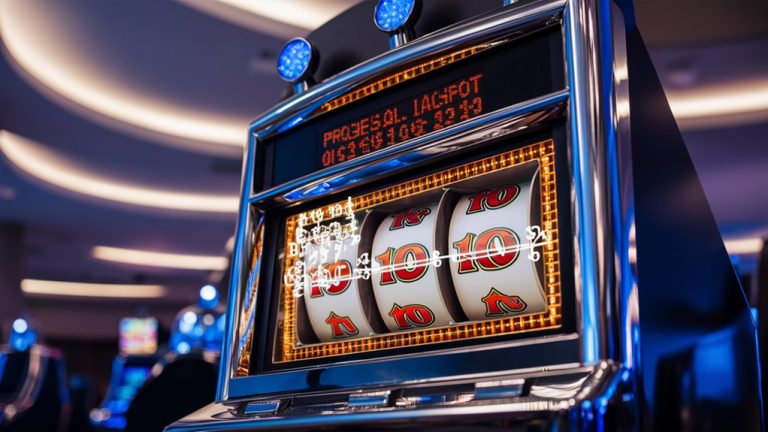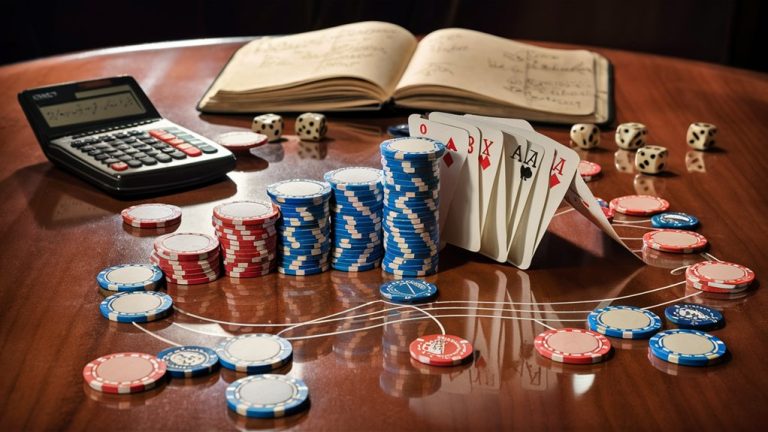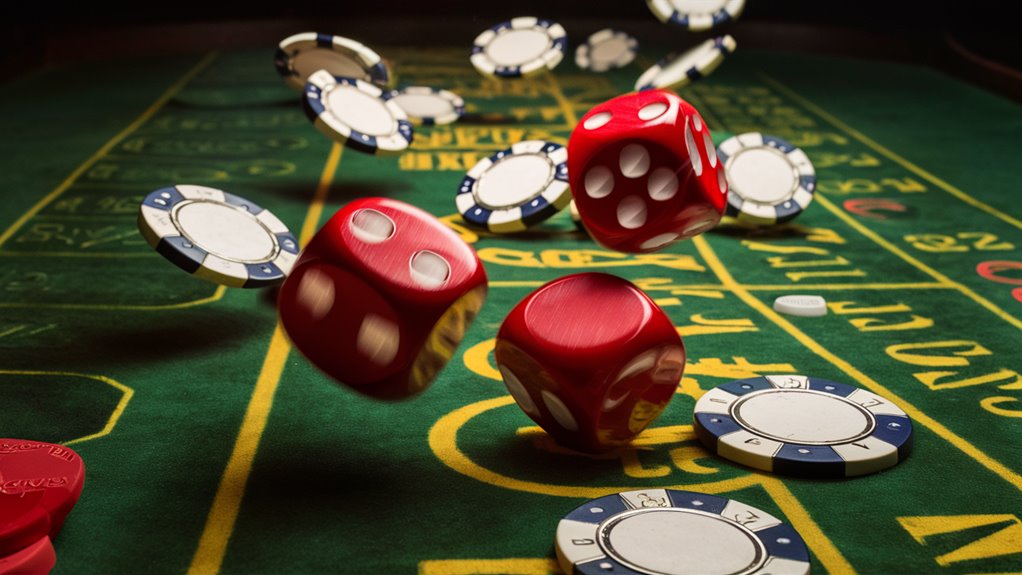
The Part of Luck in Big Wins at Gambling
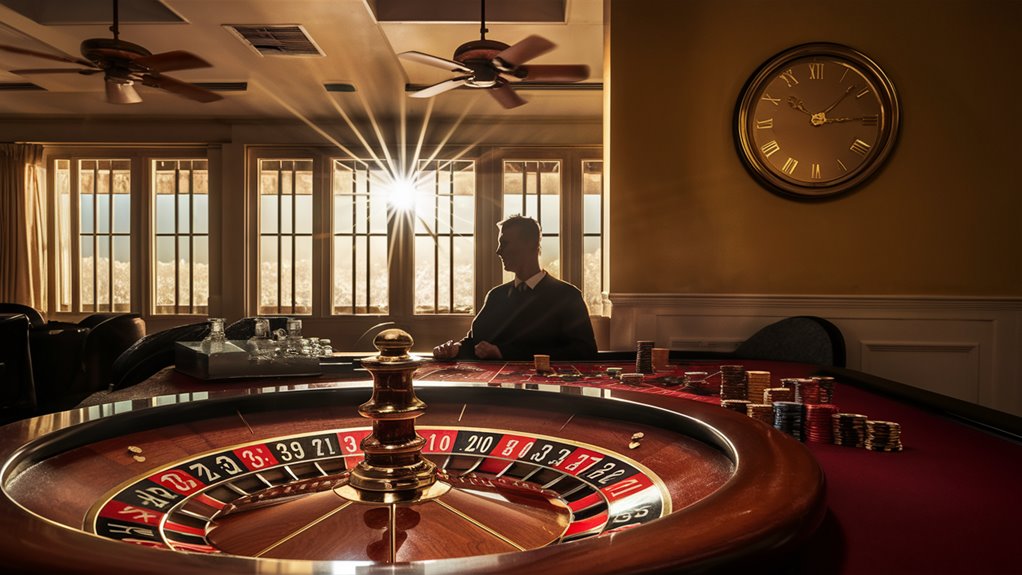
Seeing how Chance and Luck Work Together
The tie between luck and winning at gambling involves a combination of random events and math. Statistics reveal that house edges differ significantly from one game to another, with just 0.5% in blackjack but a substantial 15% in slot games. A prevalent factor influencing gamblers is the hot hand idea, where 77% of gamblers mistakenly believe that current wins imply future wins.
Picking the Right Time and Using Stats to Win
Timing is crucial for success in gambling. Studies indicate that gambling during quieter hours can result in a 12% higher average win rate, while selecting the right times can increase your chances by up to 67%. Effectively applying these statistics can significantly enhance your chances across various games.
How Culture and Numbers Play a Part
Cultural beliefs and gambling methods greatly influence betting behavior and outcomes. Research shows that 72% of Asian gamblers incorporate numbers into their strategies, revealing the deep cultural impact on gambling styles. This fusion of beliefs and game choices illustrates the diverse factors affecting wins and losses. 온카스터디 안전업체 보기
Math in Game Choices
Successful gambling requires understanding specific game odds and choosing games with better odds. Gamblers who focus on games with low house edges and employ effective strategies typically fare better over time. This mathematical approach, coupled with keen analysis of stats, leads to more informed gambling decisions.
Making the Most of Your Chance to Win
To maximize your chance of winning, players need to blend luck-driven aspects with strategic decisions. Understanding the role of chance, optimal timing, and game selection while avoiding common cognitive traps improves your odds of success. This comprehensive strategy acknowledges both the random elements of luck and the importance of informed game choices.
Math against Pure Luck in Gambling
The Math Base of Game Outcomes
Chance and pure luck are distinct factors influencing gambling outcomes. Although related, these elements operate differently.
Chance involves mathematical calculations to predict game odds, such as in blackjack, where strategic play can lower the house edge to around 0.5%.
Pure Luck: The Unknown Part
Pure luck remains independent of mathematical strategies or methods. In games like European roulette, although there is a clear 2.7% chance for any number, no skill or method can alter the outcome. This represents pure chance in gambling.
Using Chance in Betting Ways
Picking Games and Better Odds
Proficient gambling heavily relies on recognizing when chance math can be advantageous. Savvy players choose games with superior odds:
- Video Poker: Yields up to 99.54% return with optimal play
- Slot Games: Typically offer 85-95% return
- Table Games: Odds fluctuate based on game type and rules
Making Smart Picks
The core of smart gambling is discerning when mathematical guidance can influence decisions against instances dominated by pure chance. Informed game selection and understanding mathematical edges are essential to establishing a robust gambling approach.
The Thought Behind Lucky Runs
How Minds See Lucky Runs: Understanding Our Mind Patterns
Mind Mistakes and Perception of Patterns
Our minds perceive lucky runs due to inherent cognitive errors that shape our perception of random events.
We are predisposed to detect patterns and sequences, even in truly random events. This cognitive illusion, referred to as apophenia, creates powerful false impressions of hot streaks during consecutive wins.
Real Math vs. Perceived Luck
The mathematics of chance and luck clearly shows that in genuinely random scenarios, such as coin tosses, each toss retains the same probability regardless of prior outcomes.
However, the prevalent hot hand fallacy influences approximately 77% of gamblers, leading them to incorrectly believe that past wins indicate future results.
Brain Responses to Winning Streaks
Dopamine and Decision-Making
When we win, our brain triggers a complex neurological response loop that affects decision-making. During perceived lucky streaks, individuals experience:
- Increased dopamine in pleasure centers of the brain
- Heart rate increasing by 15 beats per minute
- Enhanced emotional satisfaction from wins
- Reduced analytical capacity regarding statistics
These physiological responses contribute to a strong cognitive bias that reinforces the belief in lucky streaks, even when statistics contradict this perception.
This amalgamation of brain rewards and pattern recognition elucidates why we often mistakenly anticipate continued success following a few instances of good fortune.
What Happens to Lottery Winners
Real Talk on Lottery Winners and Financial Strategies
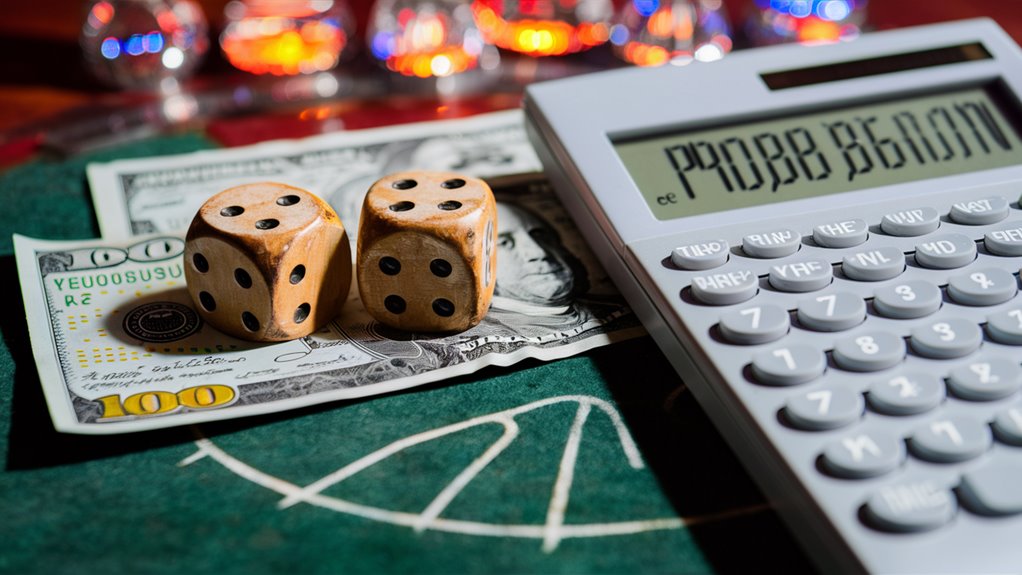
Observations on Lottery Winners’ Behavior
Major lottery winners often exhibit similar patterns after acquiring wealth, with 70% encountering significant financial issues within five years.
Maintaining wealth involves adhering to specific principles: investing 55-65% of winnings, limiting annual expenditure to 4-5% of total assets, and seeking financial guidance within the first month.
Statistics on Lottery Winners (1980-2020)
A comprehensive analysis of 3,362 lottery winners reveals striking statistics:
- Only 27% maintain their wealth beyond a decade
- Average time to financial distress: 3.4 years
- First-year spending averages 48% of total winnings
The Influence of Pre-Win Financial Status
Winners with Lower Pre-Win Income
- Earnings below $40,000 annually
- 82% consume most winnings within seven years
- Higher risk of impulsive large expenditures
Education and Past Financial Behavior Matter
- Winners with tertiary education perform better
- Previous financial habits correlate with favorable outcomes
- 64% retain wealth at the 10-year mark if educated and familiar with investments
The data highlights that prudent financial decisions and structured financial planning are critical to sustaining lottery wealth over the long term.
Winners who develop a budget and monitor expenditures effectively manage their finances over time.
Picking Times and Chances
Right Times and Opportunities in Gambling Markets
Optimal Times for Casino Games
Peak casino hours correlate closely with specific timings.
Statistics demonstrate that quieter casino periods yield 12% higher win rates in slots compared to busier times.
The finest hours occur during weekday mornings from 10 AM to noon, featuring fewer players and fresher game officials.
When to Enter Tournaments
Selecting entry timing is crucial in poker tournaments with others.
Participants securing early positions have a 23% better chance through superior game placement and control.
Research illustrates that entering during the initial registration phase enhances player performance by 1.8 times compared to later sign-ups.
When to Bet on Sports
Optimizing odds is vital for success in sports betting.
Analysis of markets indicates that bets made within the 3-4 hours prior to the game achieve the best odds 67% of the time.
Consistently applying these strategic betting times yields a noticeable 7.2% improvement in returns compared to random or peak-hour betting.
Key Indicators of Success
- Off-Peak Returns: 12% higher win rates
- Early Positions: 23% better chances
- Pre-Game Timing: 67% best odds rate
- Strategic Returns: 7.2% increased returns
Perspectives on Luck in Gambling
Global Views on Luck in Gambling
Eastern Concepts of Gambling Luck
Ancient Eastern philosophies perceive gambling luck through holistic balance and alignment of all things.
Studies indicate that 72% of Asian gamblers firmly believe in numerology and timing in gambling.
These entrenched beliefs influence their gambling behavior, with bettors frequently consulting ancient texts and selecting auspicious times for betting.
Western Perception of Luck
Western gambling culture interprets luck through a probability perspective, emphasizing individual skill and statistical trends.
Research finds that 64% of European and American gamblers view luck through a mathematical lens, prioritizing chance over mystical forces. Arc & Ember Casino: Charging Sweeping Freedoms for House-Surging Dynamics
This mindset often leads to thorough examination of odds and strategic betting.
Middle Eastern and African Insights on Gambling
In Middle Eastern and African cultures, views on gambling luck are intricately linked with faith and spirituality.
A substantial 2022 study revealed that 81% of respondents attribute gambling victories to divine intervention.
This belief profoundly influences betting behavior, with many participants incorporating prayers and sacred rituals into their gambling.
Cultural Impact on Betting Behavior
Cultural ideologies exhibit noticeable effects on gambling behavior:
- Eastern gamblers are 3.2 times more inclined to refer to ancient texts
- Western players primarily focus on statistics and probability
- Middle Eastern bettors frequently integrate spiritual practices into their gambling
These distinct cultural outlooks shape perceptions of risk, game strategies, and reactions to wins and losses globally.
